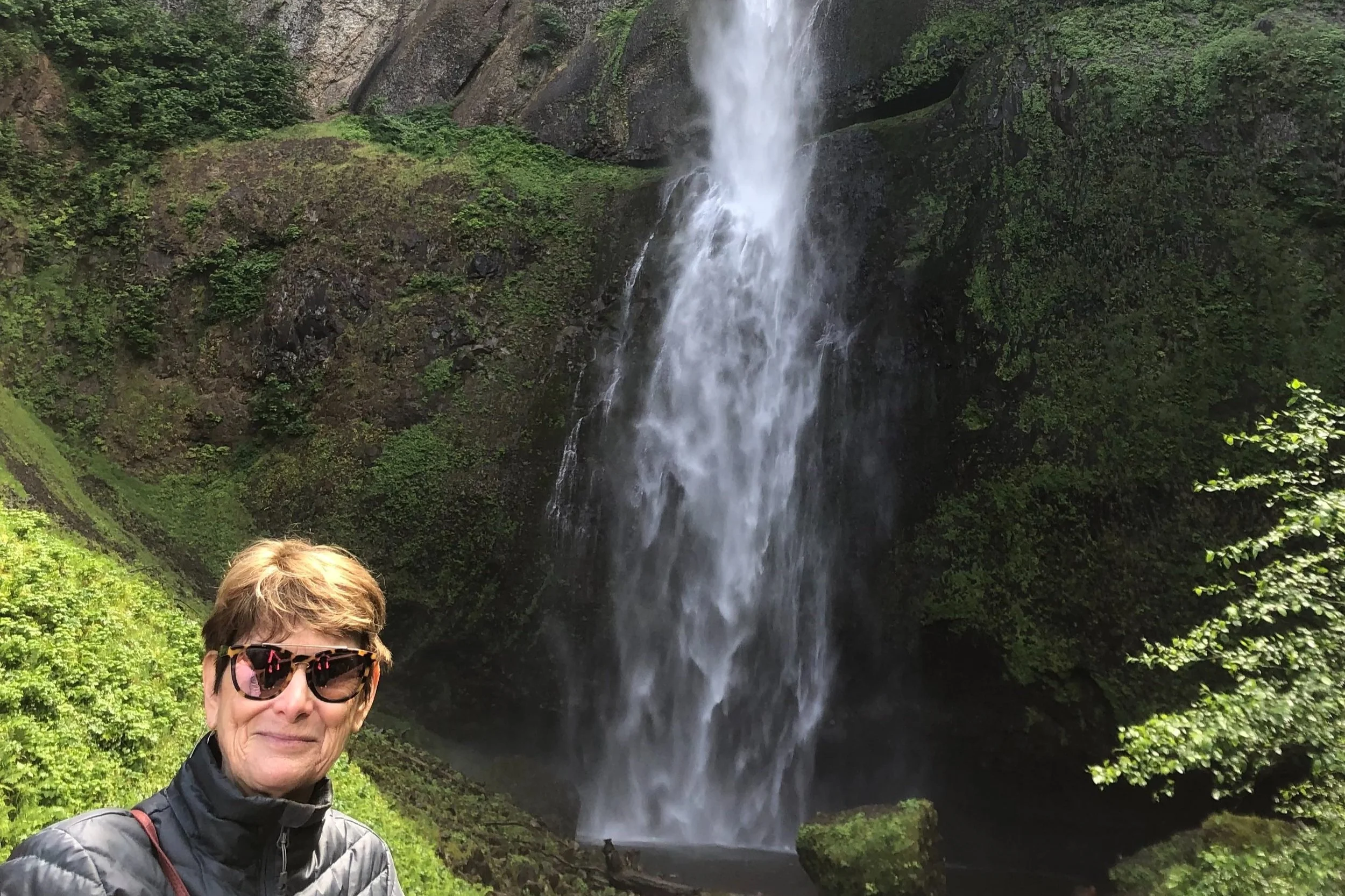After watching the highly touted The Banshees of Inisherin in the movie theatre, my friend and
I couldn’t stop talking about it afterwards. I was glad to have the opportunity to re-watch it on
HBO. Accomplished Irish playwright and filmmaker Martin McDonagh’s The Banshees of
Inisherin is deeply moving, and quietly provocative, very much in keeping with his oeuvre. I
t is also laced with Irish humor. Bordering on the mythical, it is, ironically, an intimate private
story of friendship and (actual and metaphorical) fratricide. Like any great book, this is a film
that grows richer with each ‘re-reading’.
Besides a better understanding of the story’s
meaning(s), a second viewing helped me appreciate the film’s aesthetics and the irony of how,
for instance, the artful camera captures the chilling isolation of this remote island-village and its
inhabitants against the lush, sweeping landscape of verdant hills, roiling green sea, and magical
horizon. This contradiction captures the conflict at the heart of the story. Set in the waning
months of Ireland’s Civil War (raging on the mainland and alluded to by distant gunfire), the
film is unconcerned with political divisions. Rather, through the lens of an aborted friendship, it
explores the broken heart of a country tragically divided against itself. In the film, Colm
(Brendan Gleeson) cuts off his own fingers rather than relinquish his self-centered antipathies
toward former friend Pádraic (Colin Farrell) in order to mend a lifelong friendship for the sake
of kindness and the greater good. Hostility breeds hostility, of course, and his erstwhile friend
ultimately responds in kind, which leads to an intensification of antipathies and more violence.
In many ways, this tragedy of late 19th century fratricide echoes the hatred and political
divisions that rue our own country (and perhaps the world) today. Rather than staking out
common ground and looking past our differences and prejudices for the sake of the common
good, Americans seem hell-bent on destroying the ‘other’, and its own cherished traditions in
the process, in the name of – well, what, exactly? Ideology? Political affiliation? Blind loyalty? Ego?
McDonagh’s The Banshees of Inisherin clearly shows that such a never-ending fratricidal battle
leads nowhere and is, ultimately, self-destructive.
